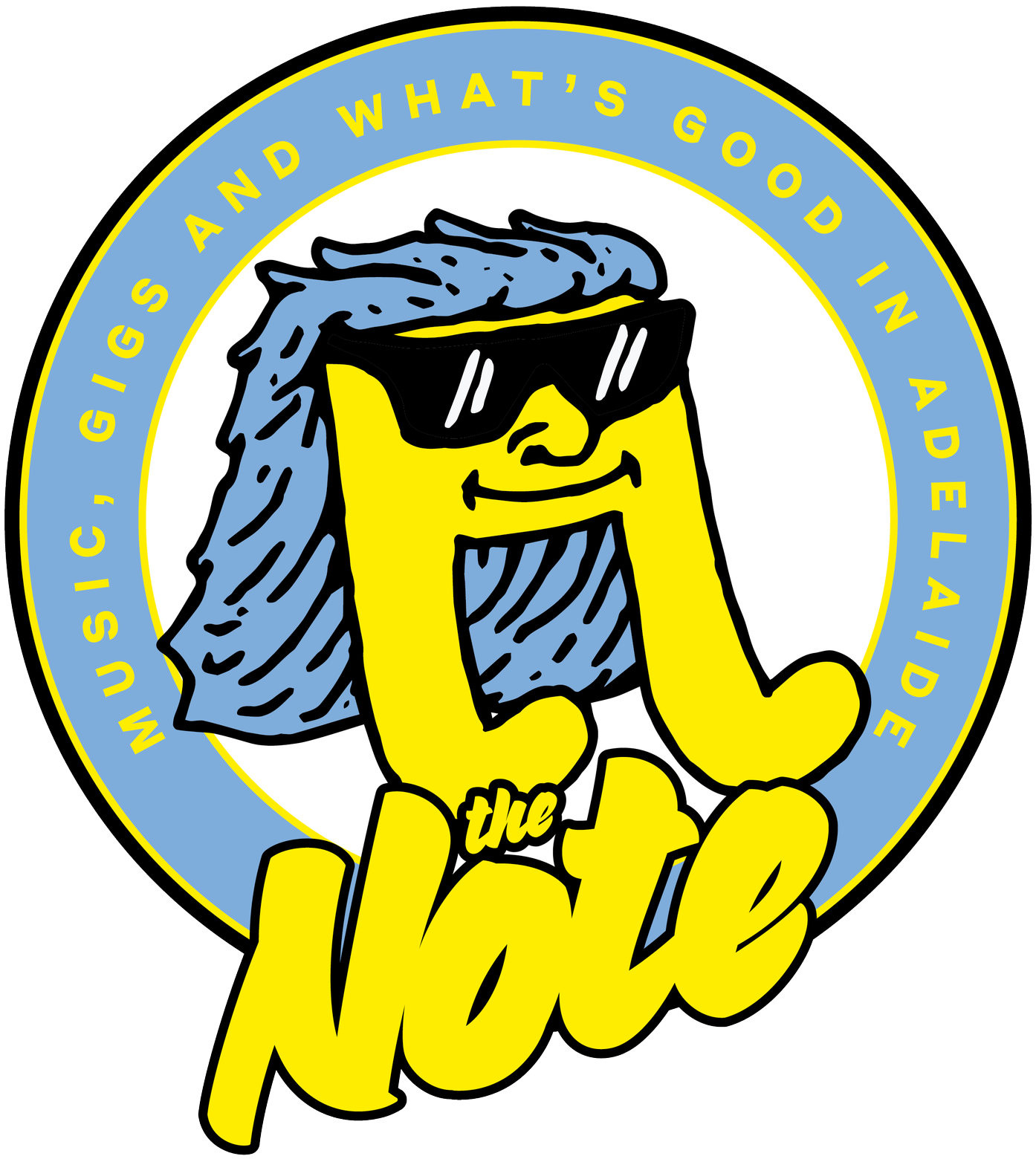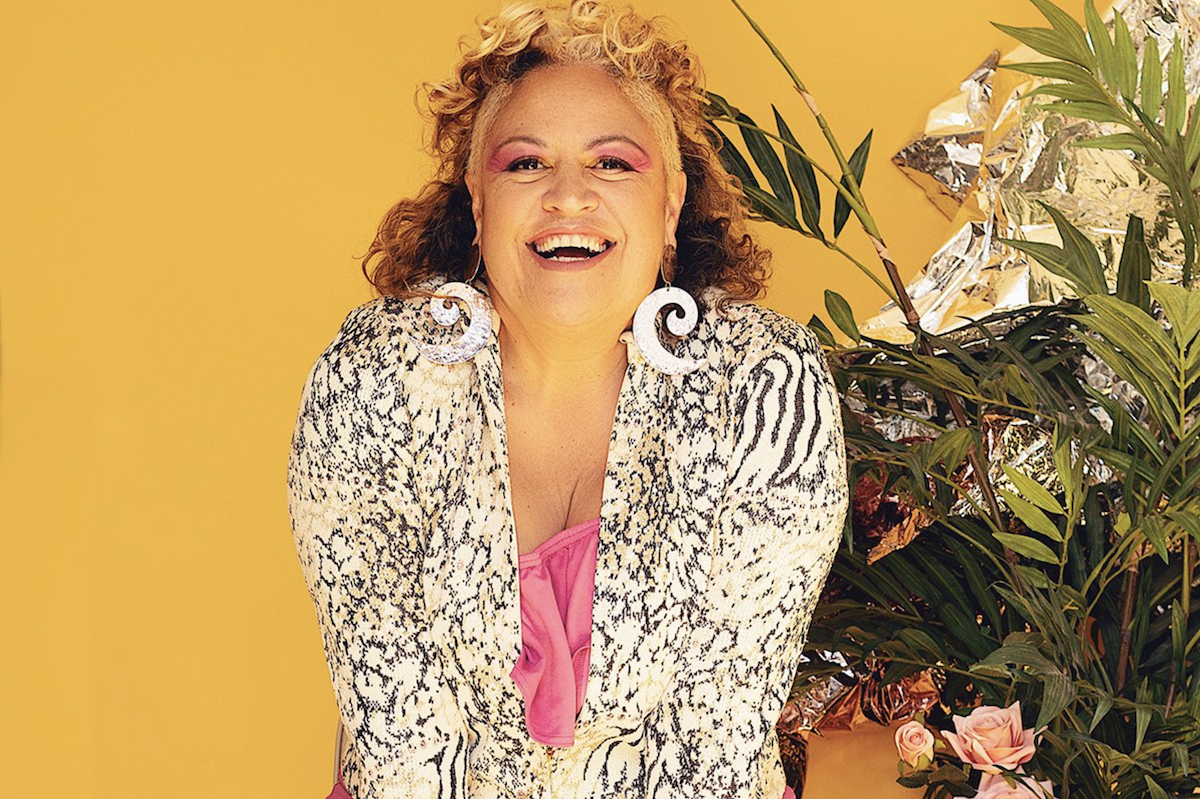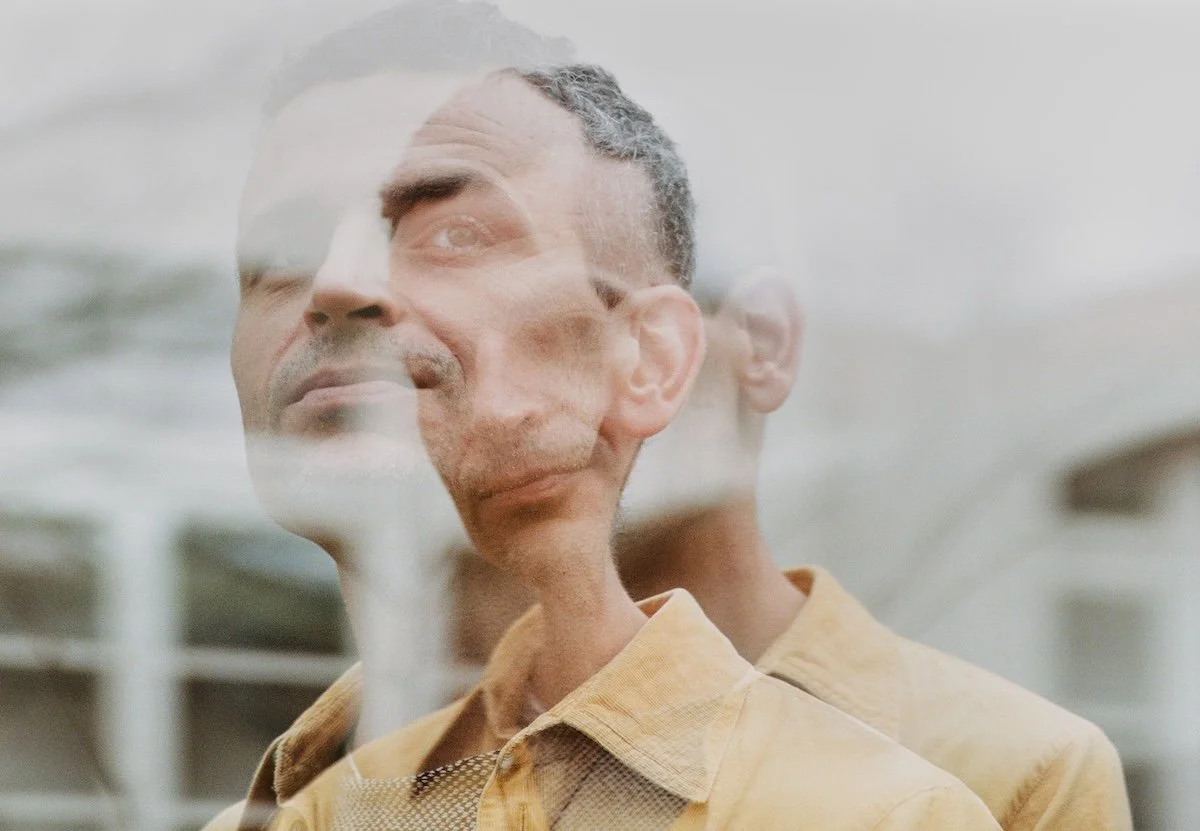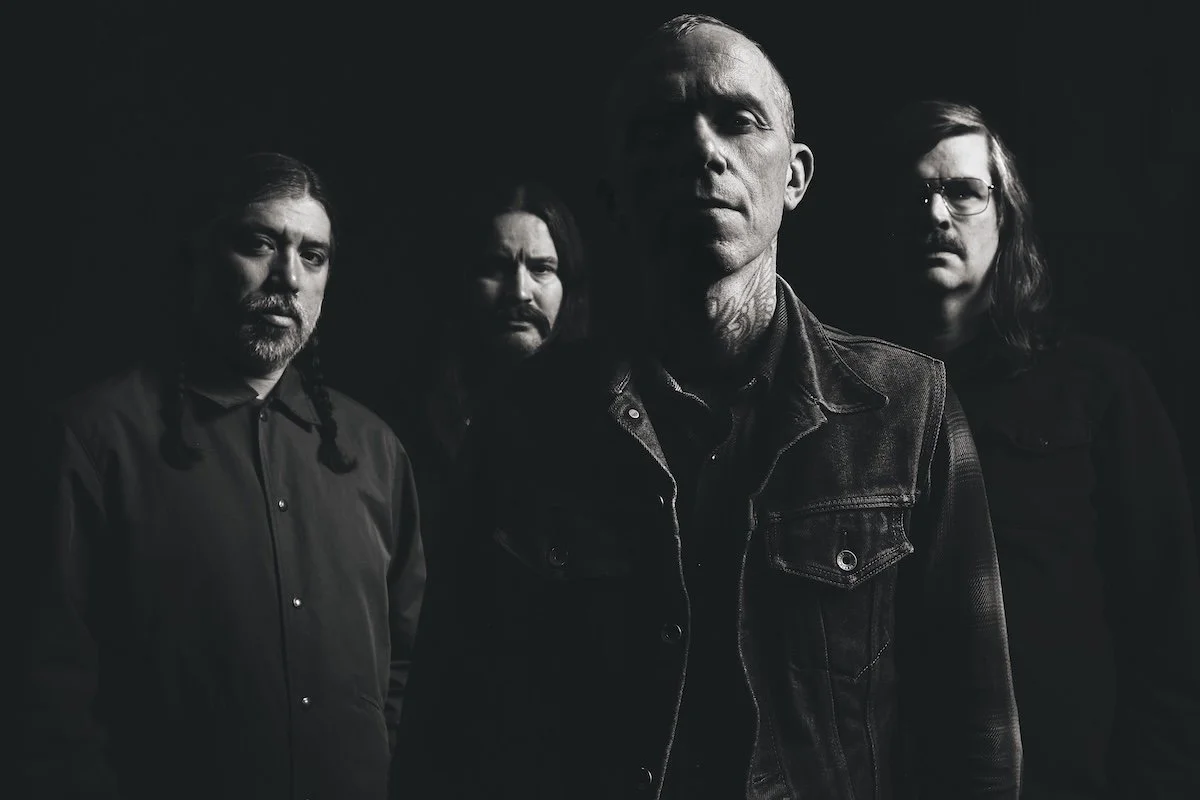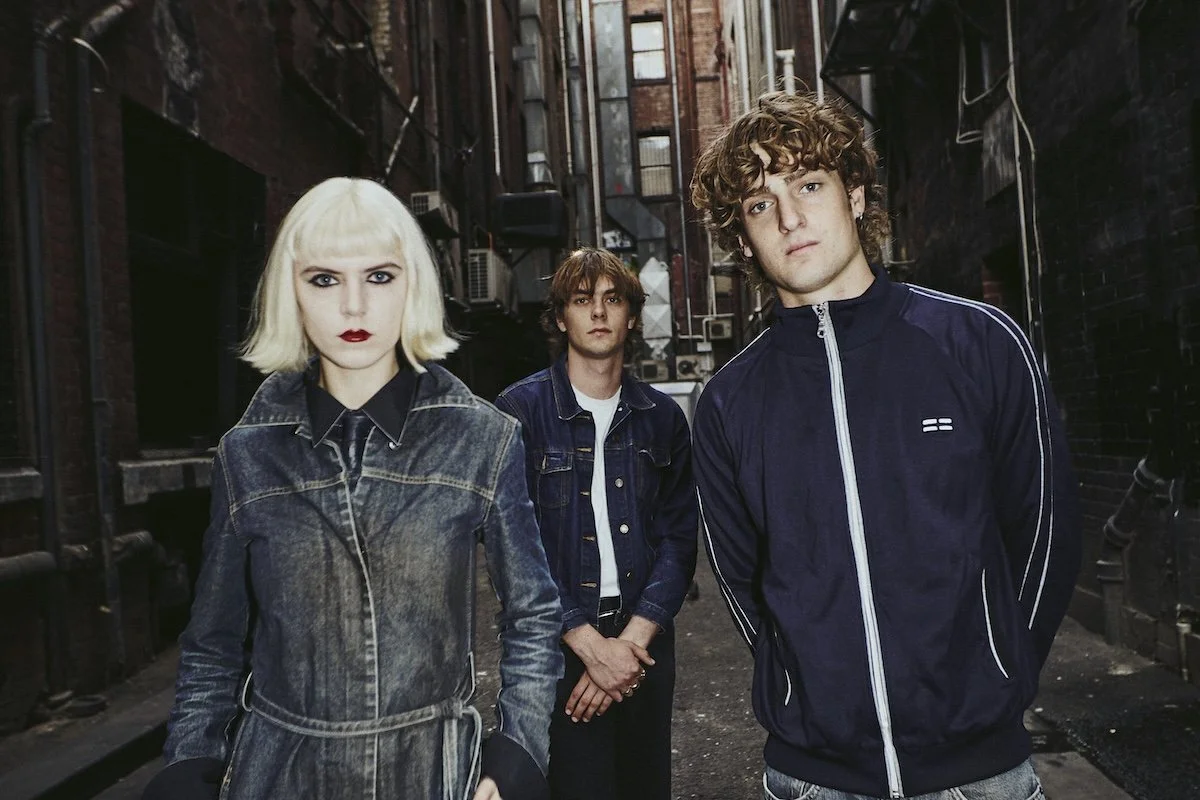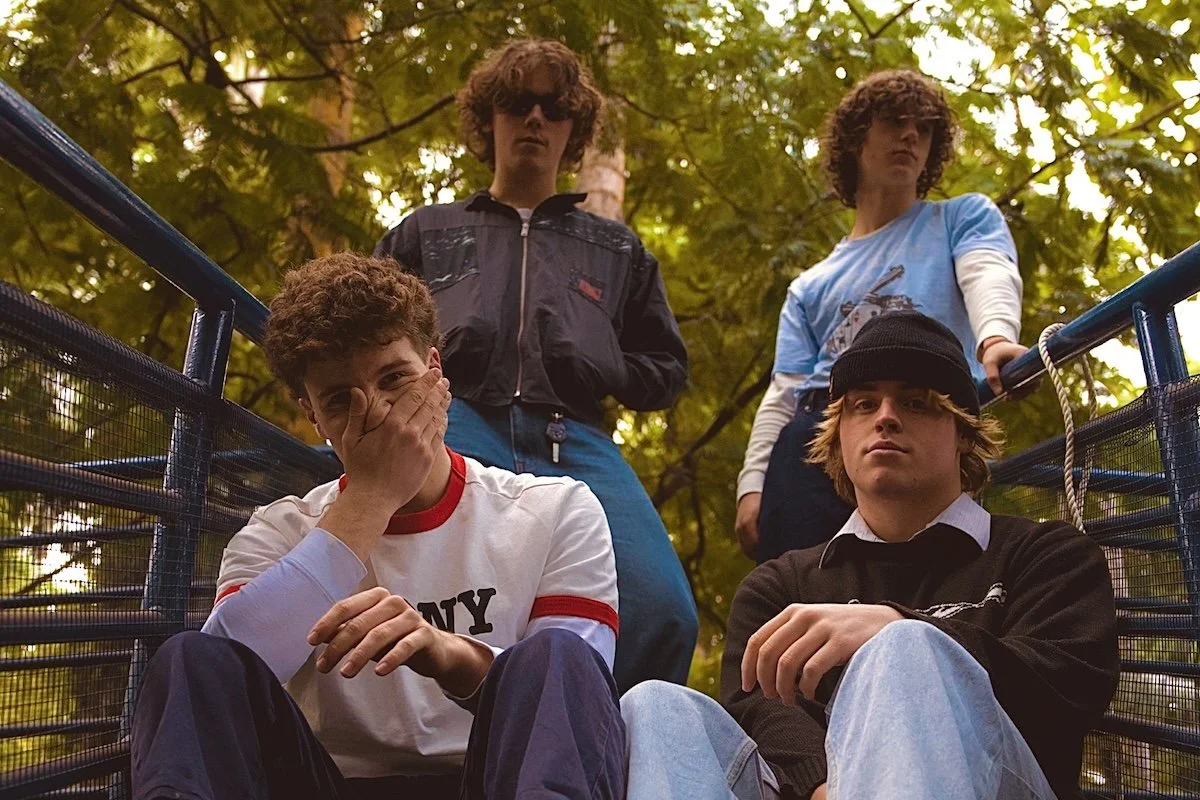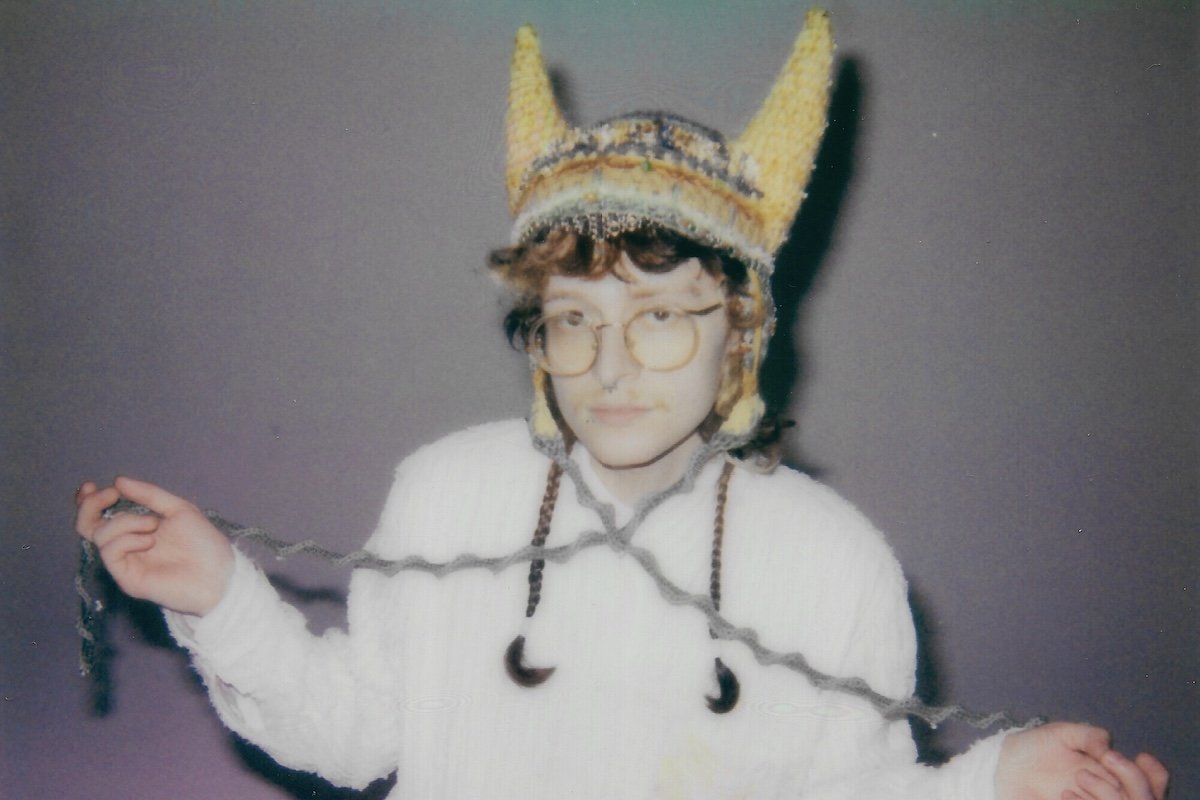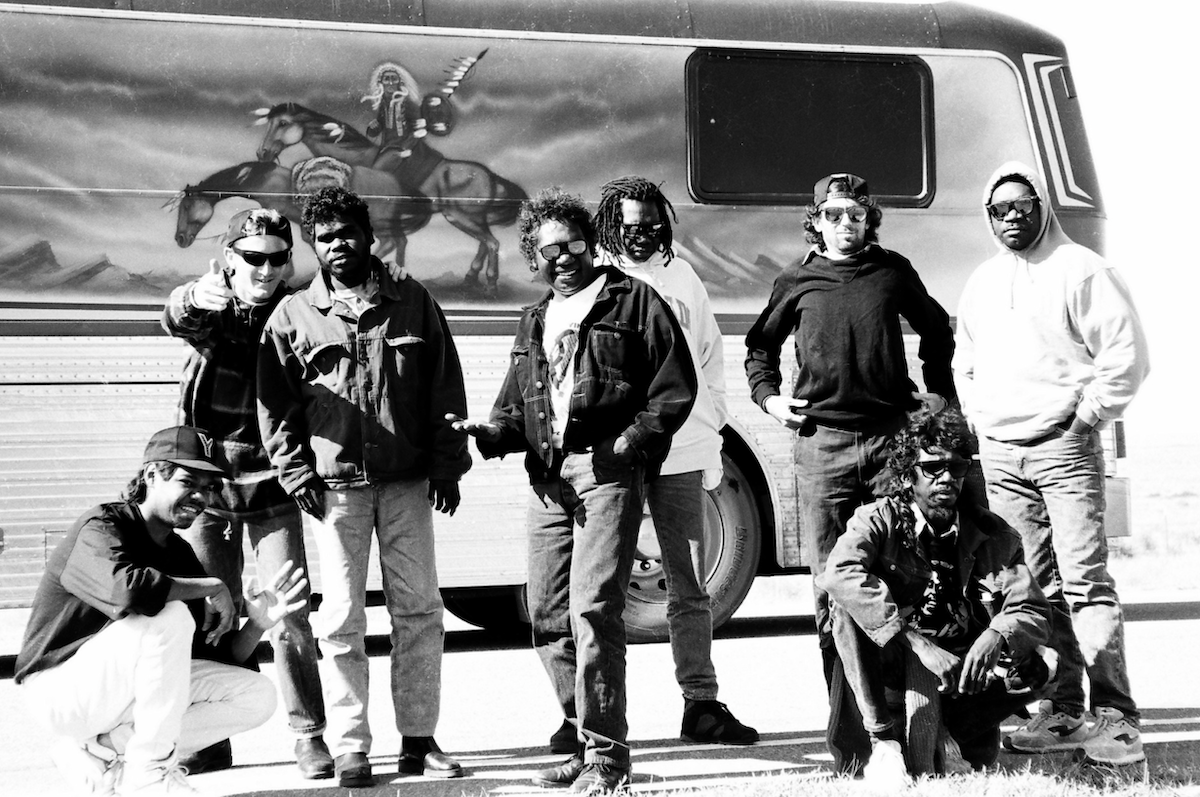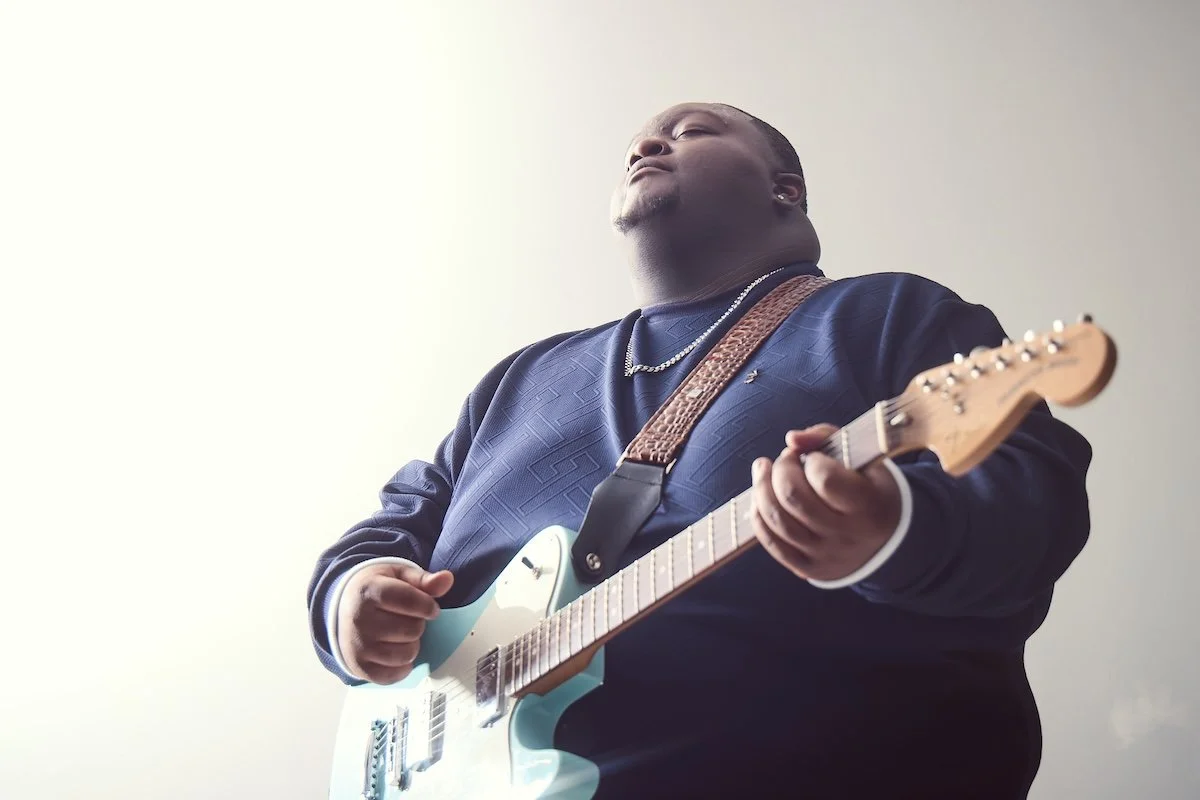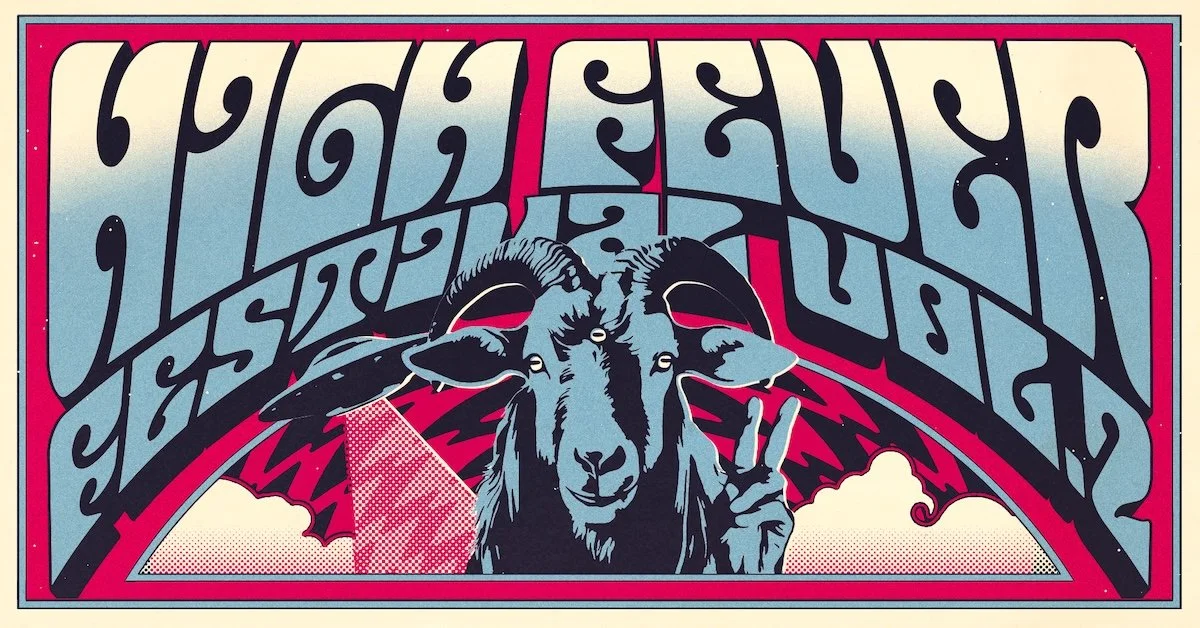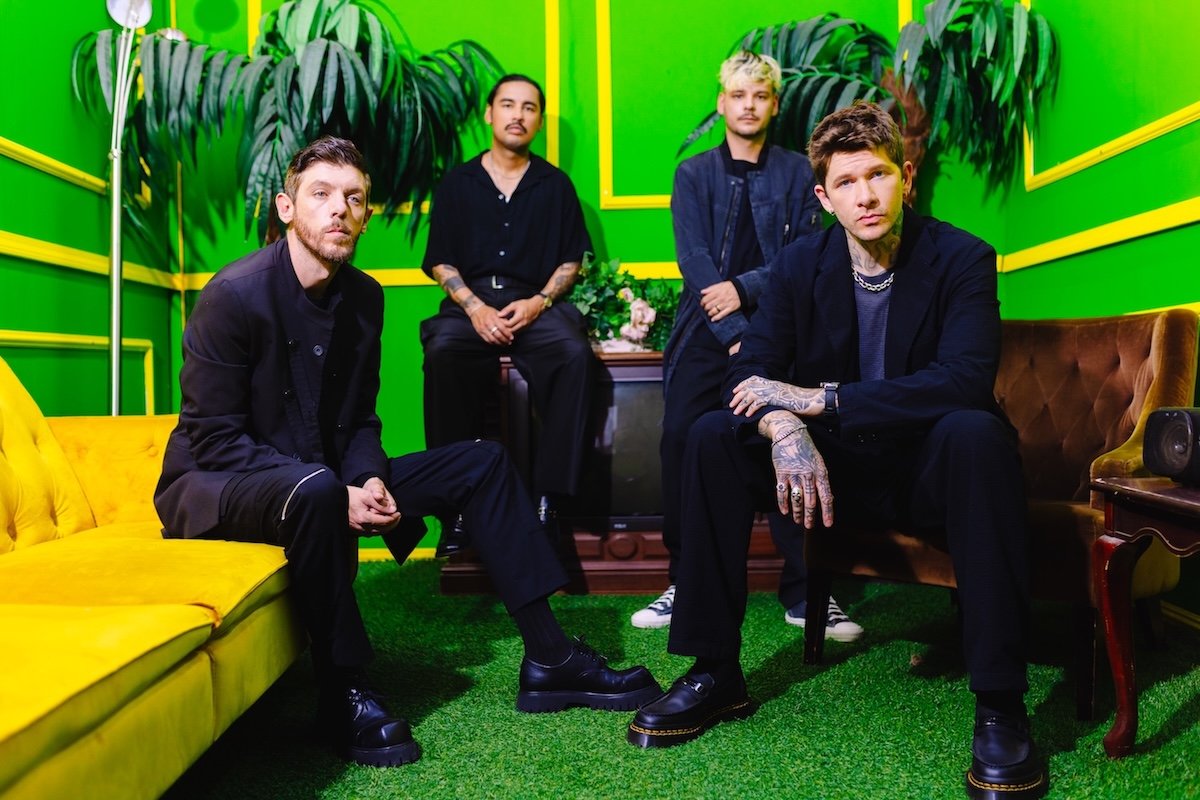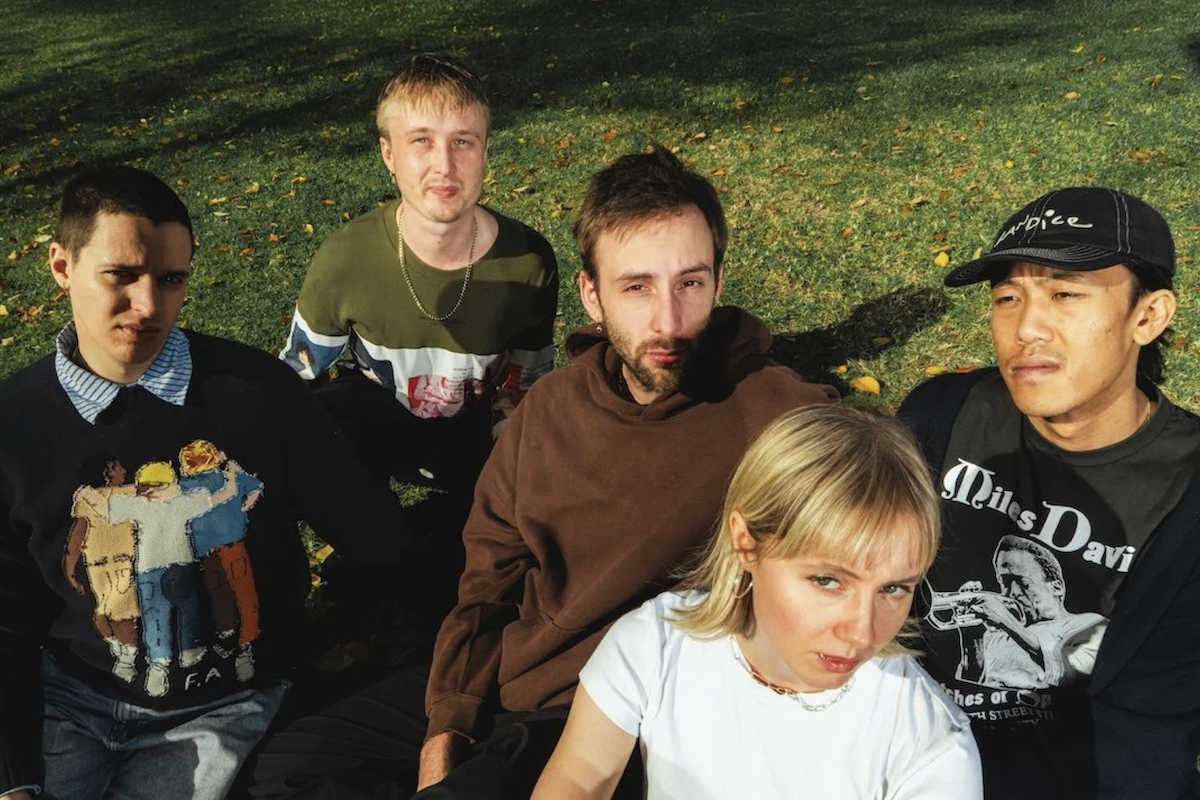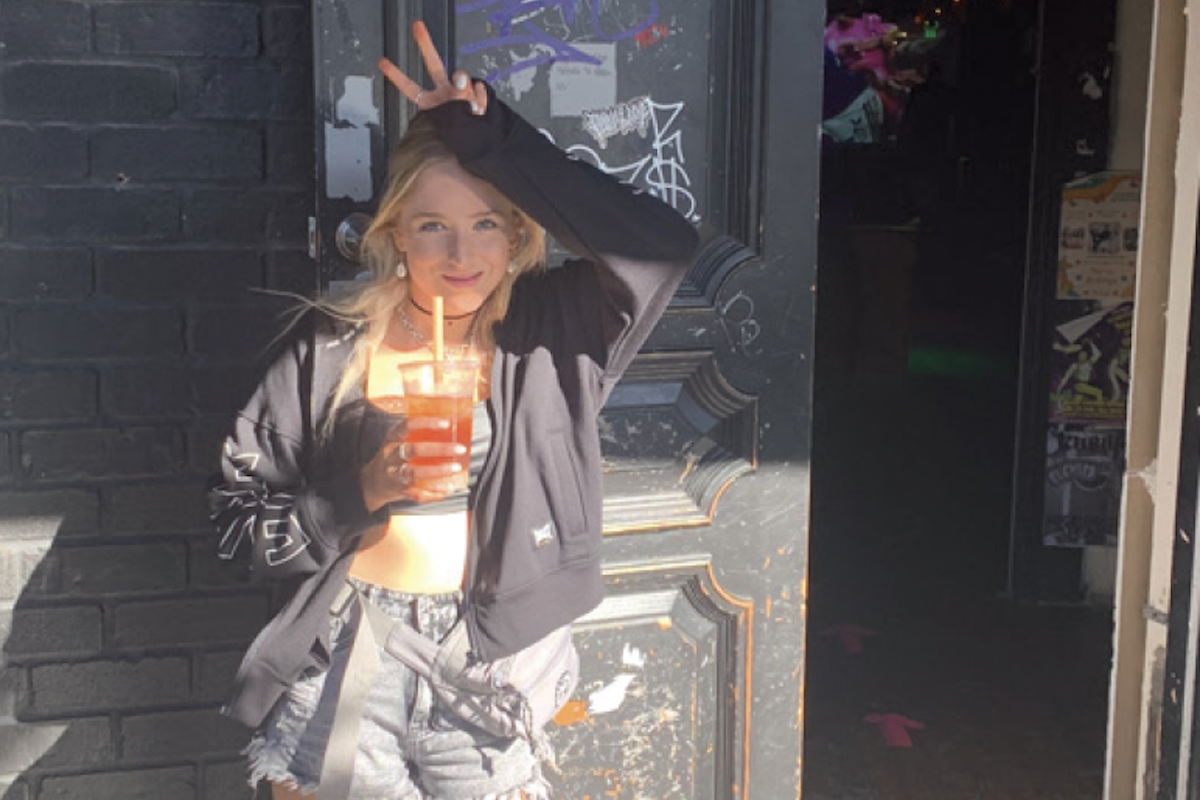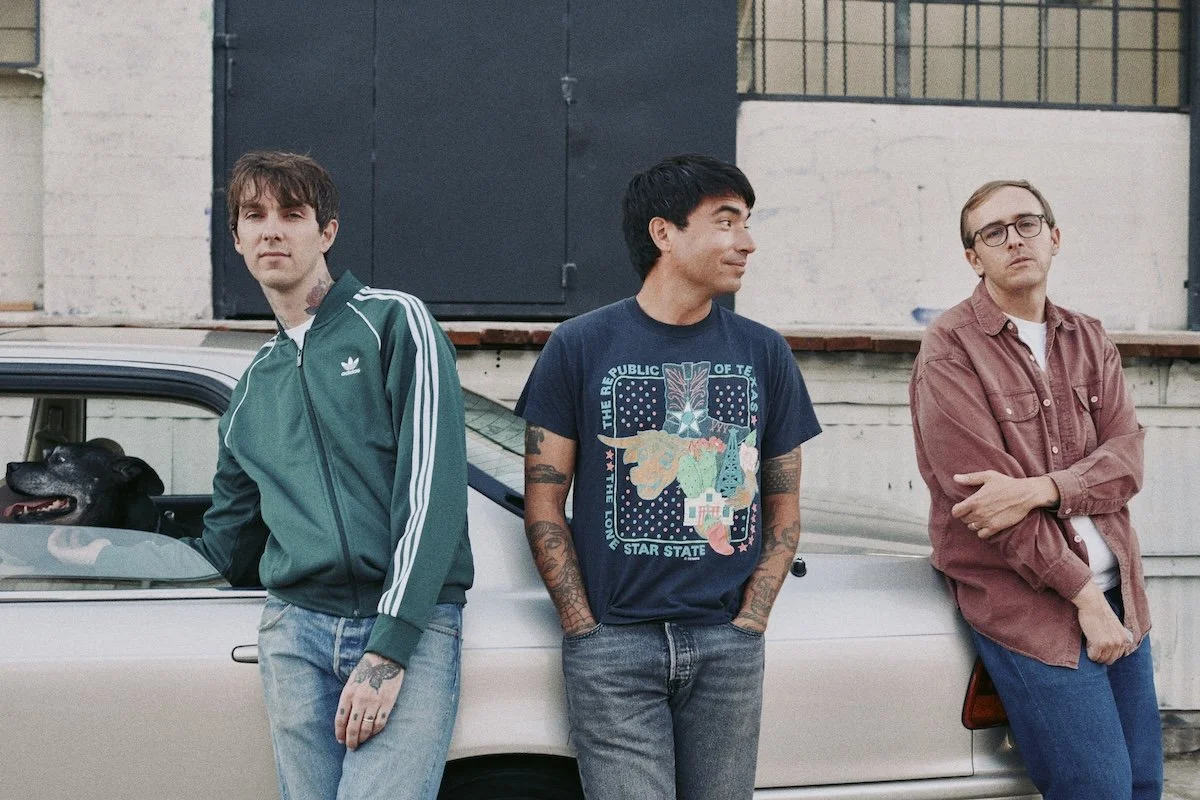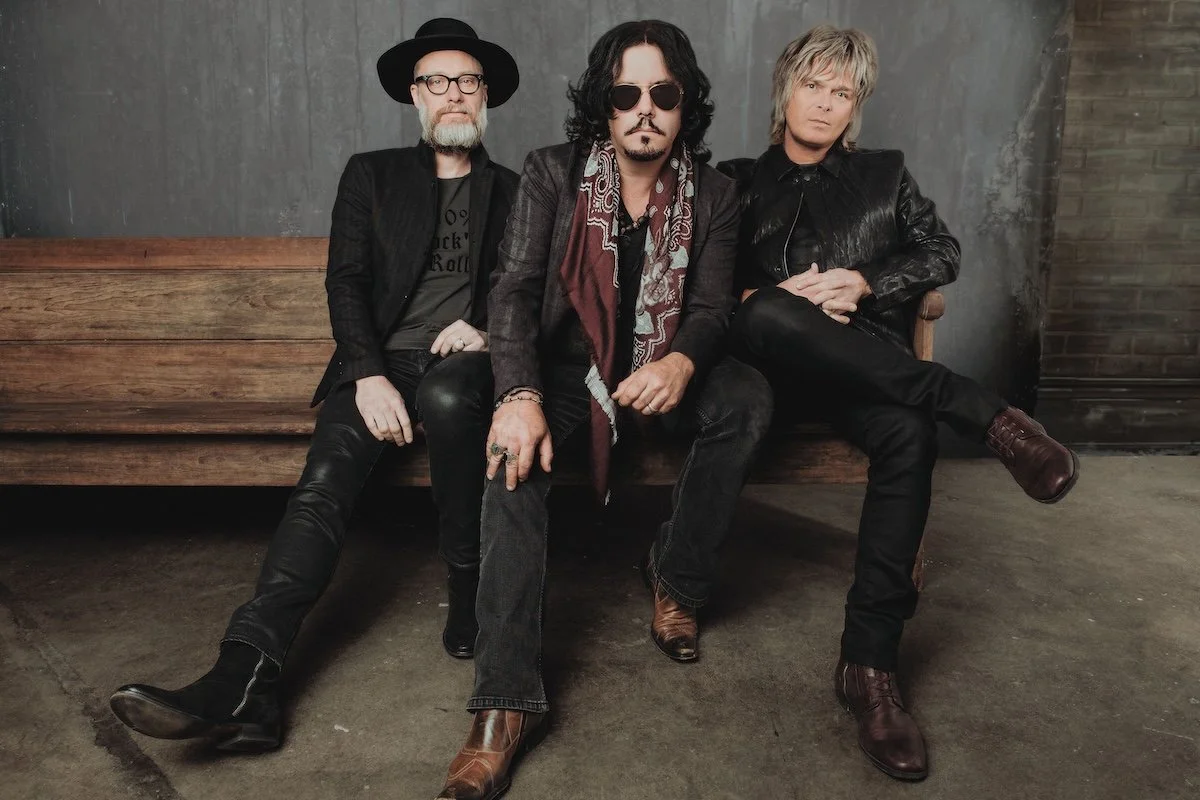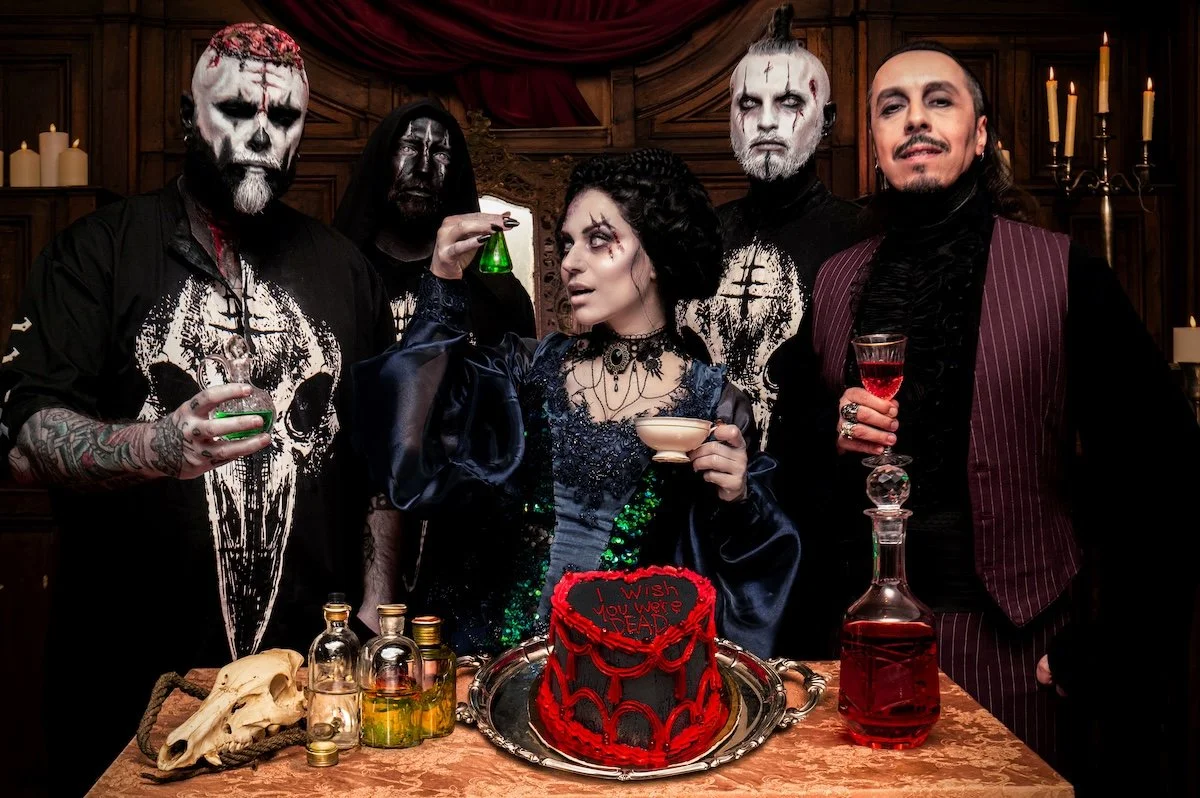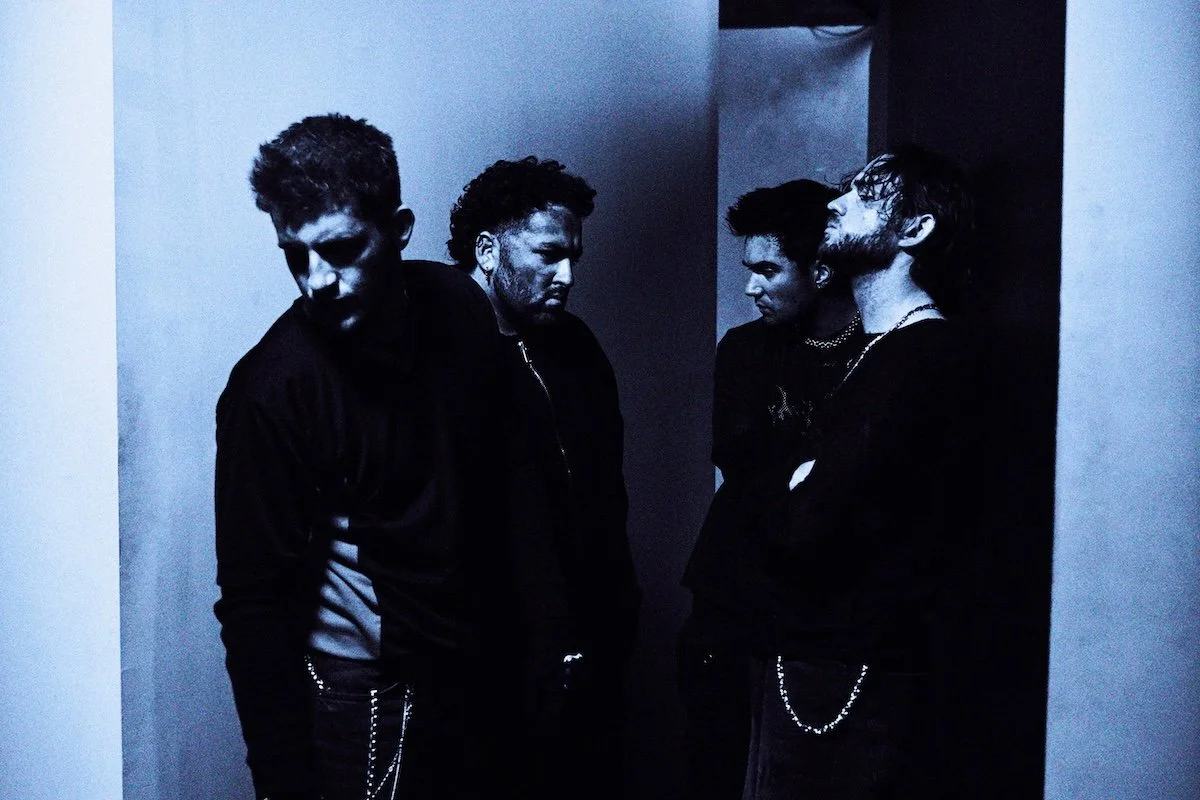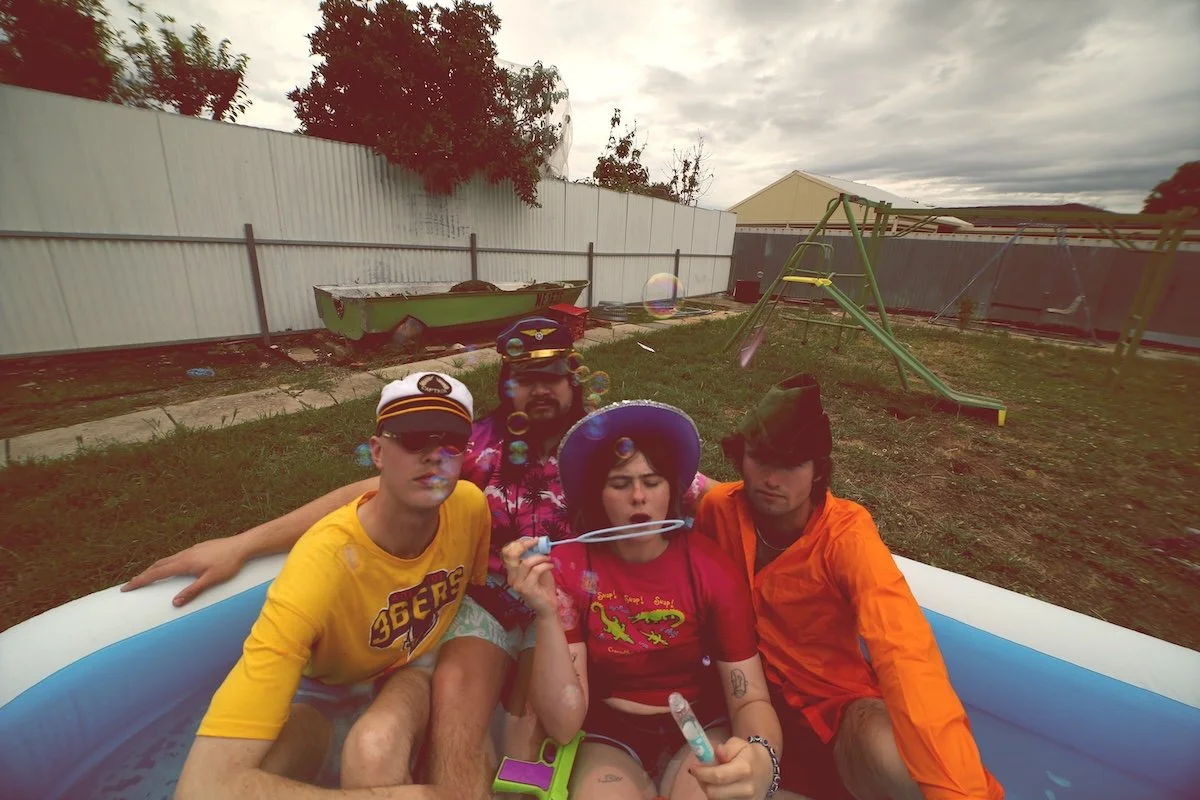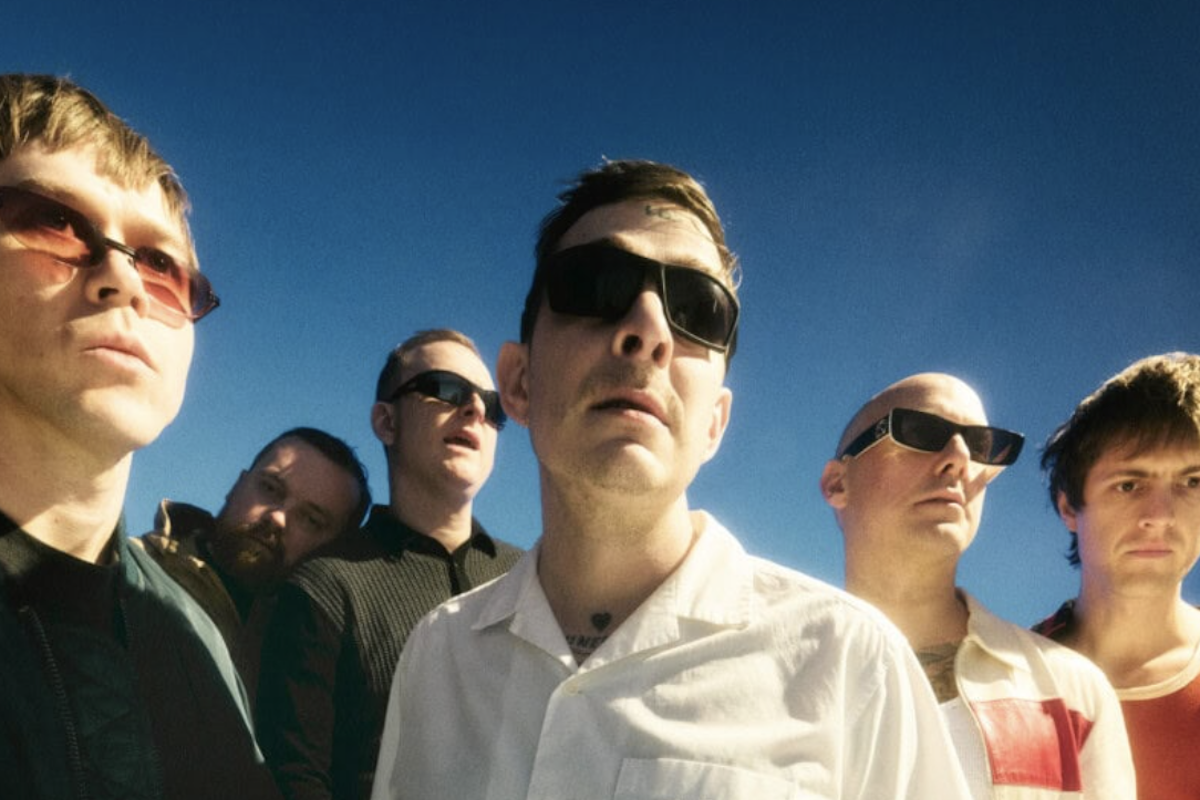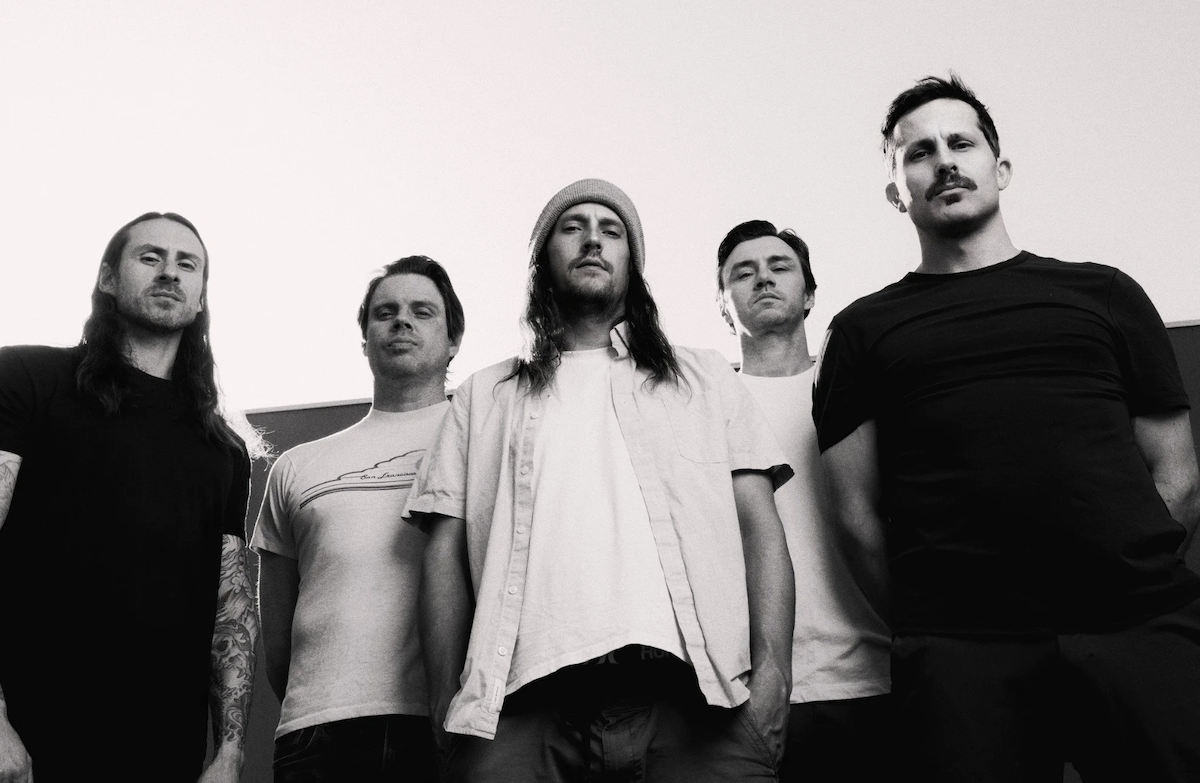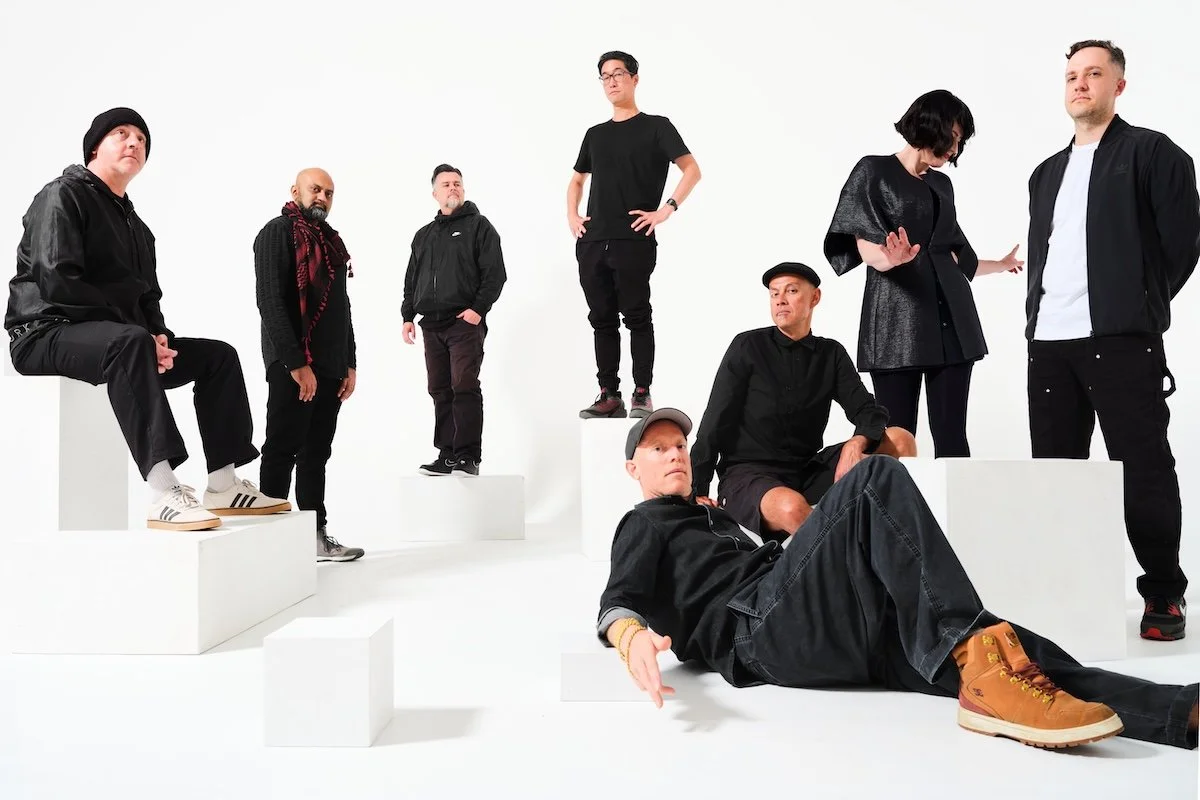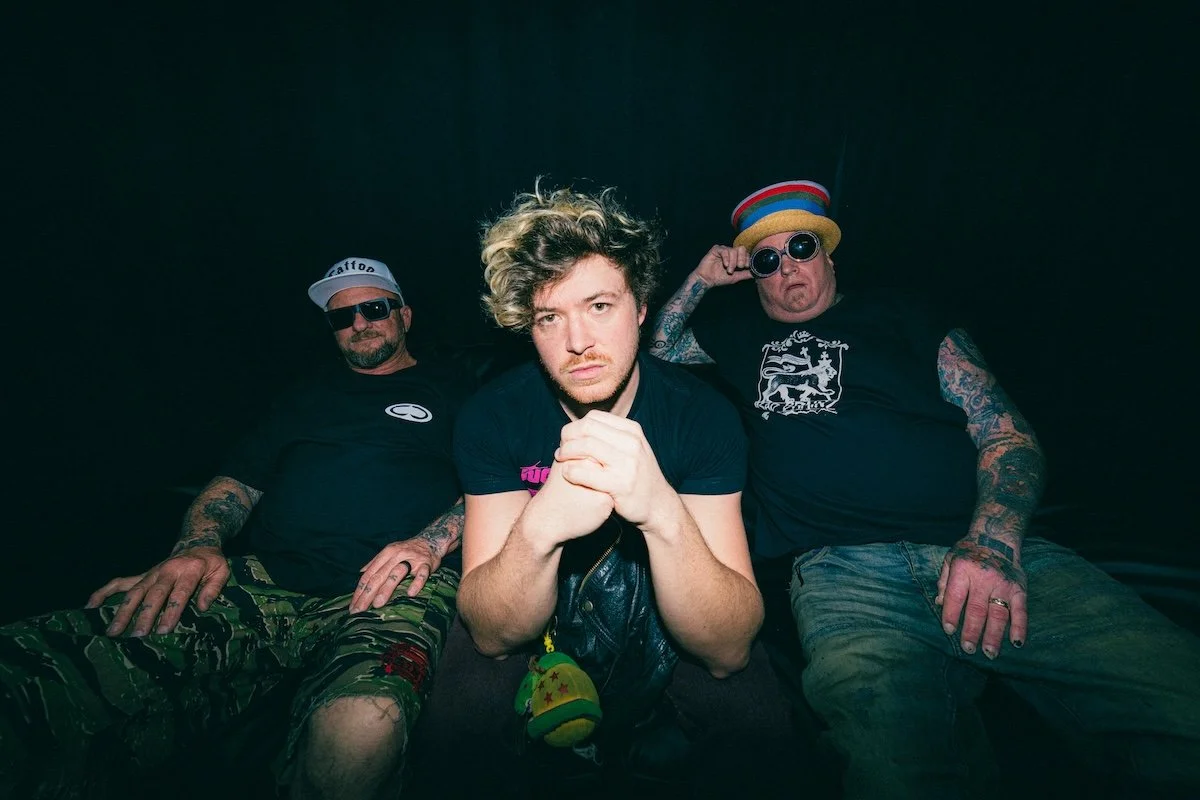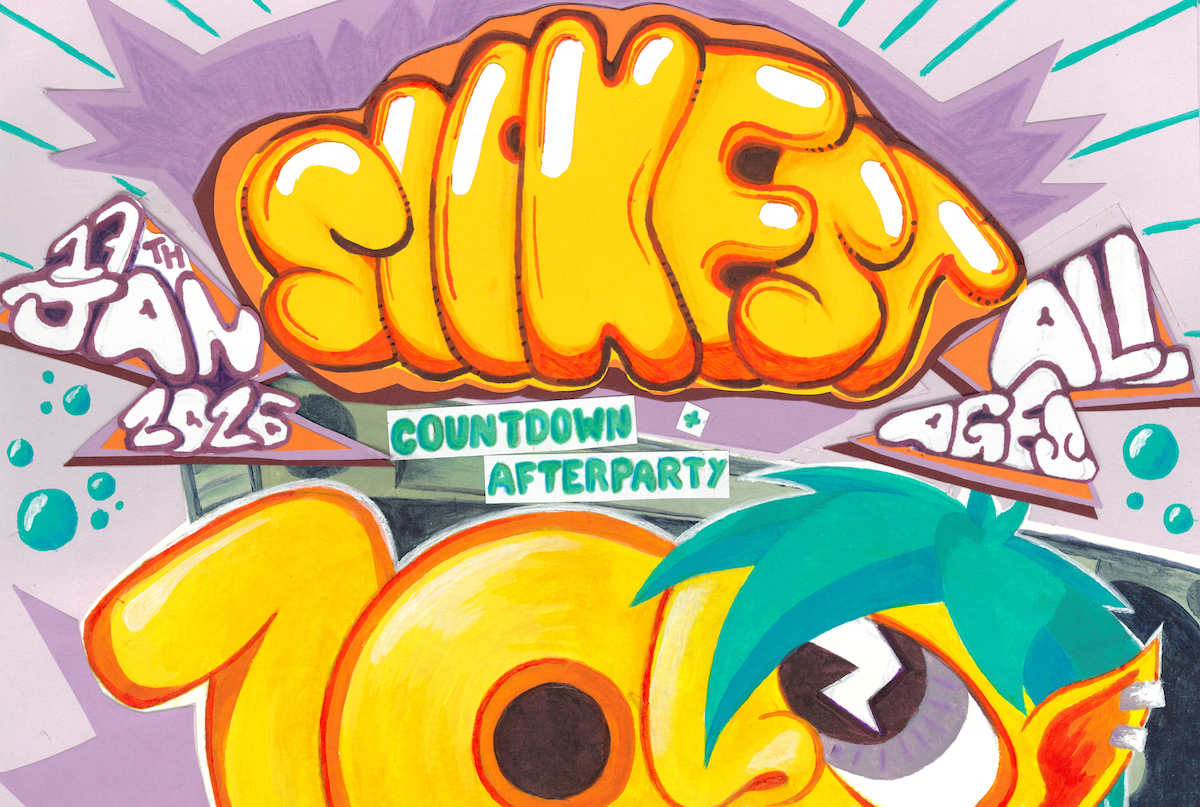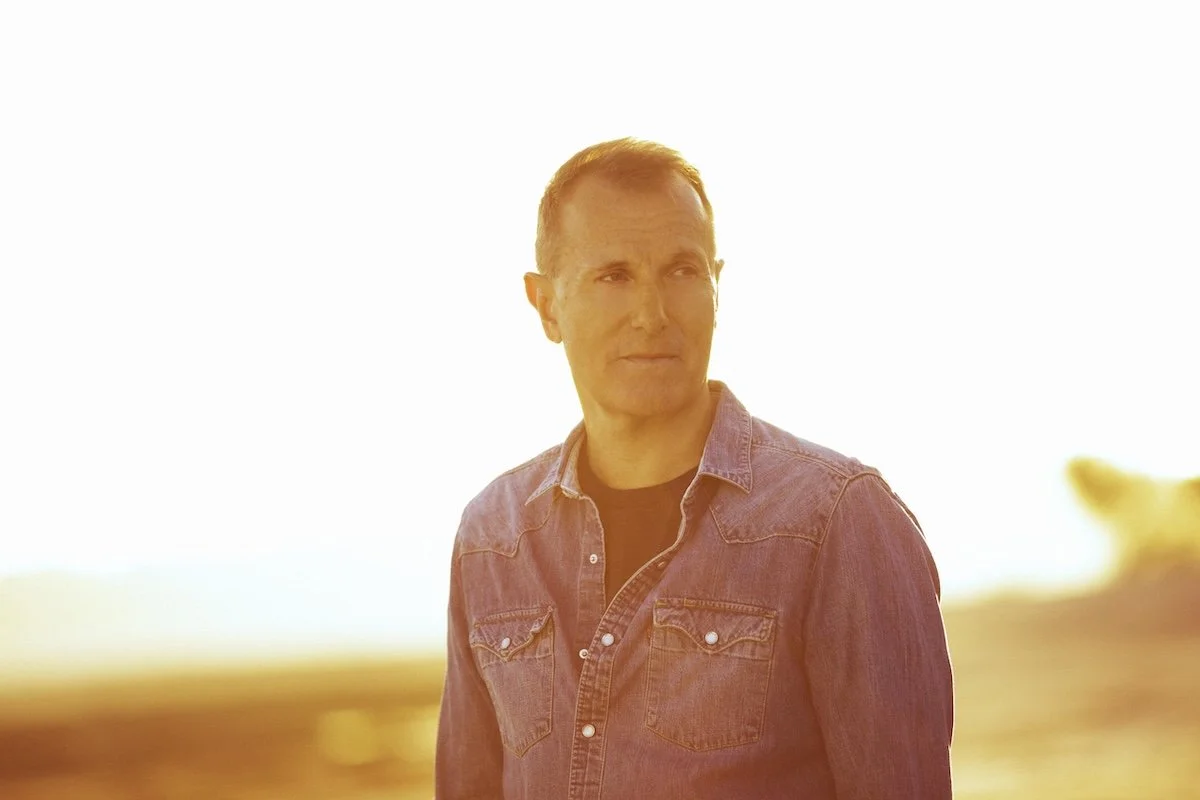Tropical Fuck Storm: The End Is Near
Ahead of their Oz tour in support of their most recent long player, 'Fairyland Codex', Tropical Fuck Storm’s Gareth Liddiard spoke with The Note about the new album, the current state of the world and the influence jazz had on him.
Words Emily Wilson // Image Jamie Wdziekonski
Tropical Fuck Storm’s Fairyland Codex is not an album that inspires hope.
The noise-rock supergroup’s latest release is searing and chaotic, an intricately emotive sonic journey that functions as a warning to the listener - the music is trying to tell us that we, as a society, are on the verge of total collapse.
The album, released in June via their new label home Fire Records, was recorded with co-producer Michael Beach at the band’s Dodgy Brothers studio in Nagambie.
“We’ve always recorded in weird spots,” Gareth Liddiard - who first gained acclaim as a founding member of The Drones, before forming Tropical Fuck Storm - explains over the phone. “Probably haven’t been to a real studio in years… It’s a nice place to hang out. We’re in the middle of the bush. There’s lots of room. And we can make lots of noise. And there’s a big river running past. We swim and we hang out. We just take our time. Which sometimes leads to us dragging our heels a bit.” He laughs. “We’d rather go for a swim or a boat ride than record.”
The recording setting sounds surprisingly idyllic, given that the album itself is characterised by such a dark, brooding tone. The title track, for example, counsels the listener that “a village in hell is waiting for you.” Fairyland Codex is pointedly fatalistic - with that in mind, is Liddiard himself feeling hopeful about the state of the world?
“Um…” his voice wavers. “I mean, no.” He lets out a mischievous chuckle. “At the same time, I don’t think anyone ever does or ever did. It’s almost a semi-narcissistic trait of humans to think that they’re time on the planet is the end time. You know what I mean? Like, ‘I’m so cool that I’ll be blessed to see the end.’ But, you know, humans, they always make it through, you gotta give ‘em that. They’re really good at surviving. But, obviously, the climate change thing…” He seems slightly stumped for a moment at the mere thought of the environmental catastrophes the world is currently mired in. “That’s a big one. When you see little kids these days running around you just think, Jesus Christ. I don’t think the media helps either, because more than ever they love doom and gloom, entertainment and outrage… So of course everyone thinks the end is nigh all the fucking time these days.”
Ultimately, Liddiard does see making art as a coping mechanism that becomes increasingly significant in times of chaos and collapse. “A lot of our stuff,” he adds, “it sounds almost like science fiction. And all the best science fiction is dystopian.” He notes Aldous Huxley’s Brave New World as a piece of art that possesses similar values to Fairyland Codex.
Indeed, it would make sense for Liddiard to be inspired by literature, given that the band’s music has a lyrically dense, cerebral quality to it.
“I love literature, I like poetry, I like novels, I like prose,” he agrees, but adds, “I don’t feel like a literary guy, I still feel like a bogan from Western Australia.”
Despite its moody nature, Fairyland Codex is still imbued with a deep tenderness - a sentimentality that has not been traditionally associated with rock.
“I mean, it just depends on what you listen to and what you’ve been exposed to,” Liddiard says. “And I like Leonard Cohen and Joni Mitchell and Bob Dylan as much as I like Black Flag, you know what I mean? It’s all just vibrating air.”
Initially, Liddiard was drawn to jazz and first learned to play the saxophone as a teenager. “Where I lived, there was a library, and the library had books, obviously, but it also had cassette tapes. And whoever had stocked the cassette tape section was a massive jazz nerd.”
He would take these cassette tapes - albums by the likes of John Coltrane and Thelonius Monk - and listen to them religiously.
“It was just being exposed to that, the sound of the sax. So, you know, I got a sax and quickly realised it was really hard. It’s a real intellectual pursuit. And the maths and science of it - because it’s nothing but scales. And the more expensive-sounding scales are the ones you want,” he says. “And then one day I heard Jimi Hendrix and I thought, Okay. Trying to be John Coltrane - I’m never going to get there. But maybe I could do what this guy was doing on guitar…I mean, the great thing about Hendrix, something that people always forget to mention, is just the free, joyous abandon he played with. He was out of control. Just so over-the-top crazy. It sounded more fun to try to do that than to play really studious jazz.”
Tropical Fuck Storm are gearing up for a tour of Australia in support of the album, which will kick off in late October and continue throughout November. Touring now, after the announcement of the band’s bassist and Liddiard’s domestic partner Fiona Kitschin’s stage three breast cancer diagnosis in 2023, has a different weight to it.
“When we made this album, Fi was finishing her treatment,” Liddiard says. “She was still doing radio and chemo. She’d had operations, so she was healing from those. We’ve toured America a couple of times and Europe once since then, and I mean, she was worried, I was worried, about if she was as strong as she used to be. Because it’s quite rigorous being on the road. But it’s all been good. Especially playing a bass guitar, it’s a tough job, it’s very physical. It’s hard to do that at the best of times.”
The upcoming tour, he is sure, is shaping up to be a success. “She’s pulled through.” His chuckle vibrates with pride and affection. “She’s not having any more trouble with anything than the rest of us are.
Catch Tropical Fuck Storm at The Gov on Thursday 13 November. Tickets on sale now via oztix.com.au.
